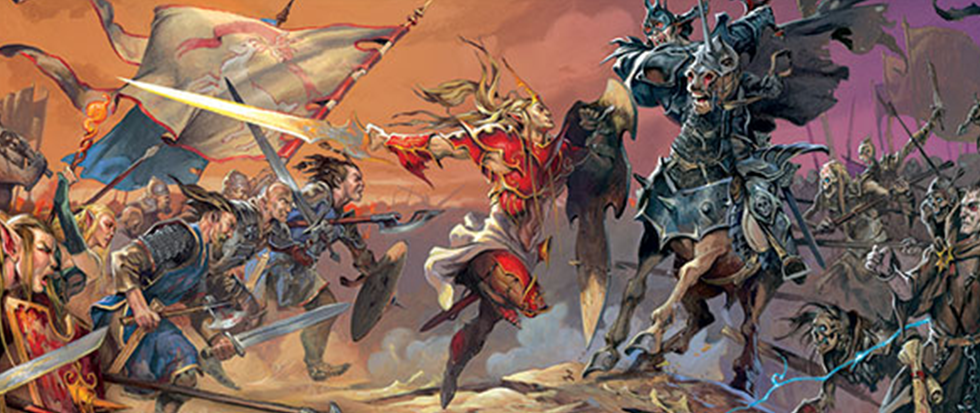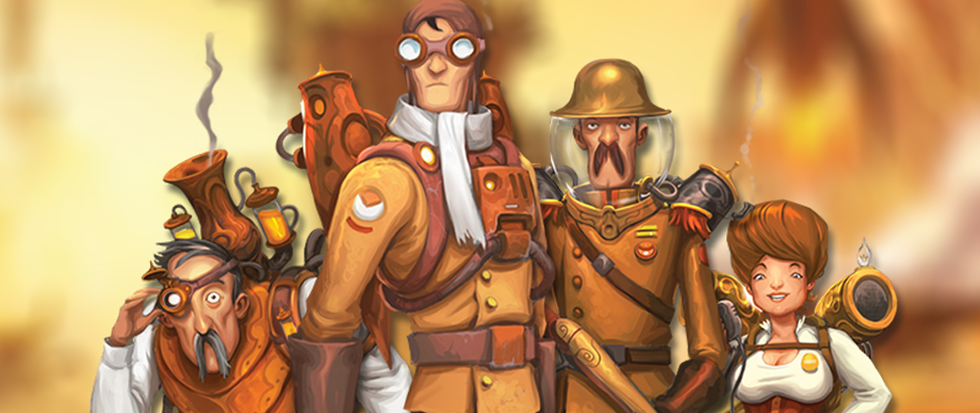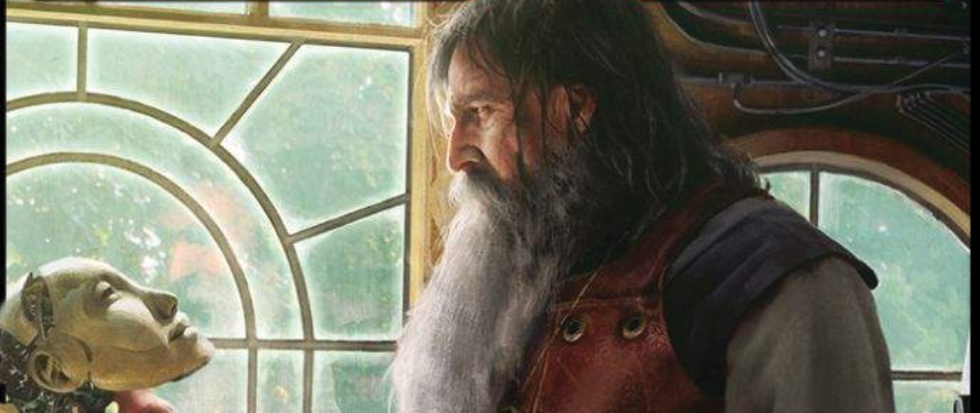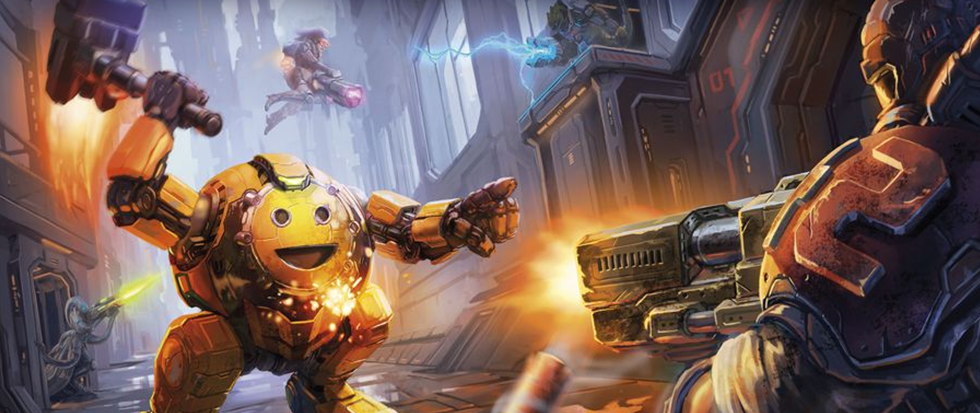
Heroes’ Folly
Sometimes something in a game can feel like it doesn’t belong, an orphan lost within the tight clockwork of a game’s rules. How do you recognize this? A game’s rules is a bunch of interlocking systems aligned in a specific way so as to work together, so when an element doesn’t jive with the game, it tends to stick out. And nowhere is that more apparent than in Runewars, a game about fantasy armies battling each other that somehow manages to make heroes, purportedly the best of them all, feel pointless.
Runewars wants you to build up armies of different kinds of fantasy creatures with one of four different factions. The way to win is to accumulate a certain number of Dragon Runes, which you can get through completing a special objective, winning an influence vote, or even taking one of your opponents’ Runes by taking the territory it’s in since the Runes are placed on the board for all to grab. Everyone starts with two in their home territory, which often sets the stage for brawls in each other’s homes as players try to make grabs for the last of the Runes they need to win. It’s because of the Dragon Runes that Runewars manages to be a satisfying fantasy war game.
But then you get to the Hero Phase. Runewars takes place over an amount of years divided up into seasons, where something happens in each one. Every Summer, the Hero Phase takes place, where players get to move their heroes around the board and complete quests to gain rewards. The problem is that the heroes feel completely removed from the rest of the game – they can move through hexes with enemy units as if they weren’t there, they can’t affect armies unless you have some very specific cards that let you do so, and the rewards you get for completing quests almost always are for buffing your hero further. Because of how far removed they are from the rest of the game, they feel like they belong in a completely different game.
That’s not to say that they’re entirely pointless. Occasionally a reward card will grant you a Dragon Rune, and one of the title cards you can claim with influence lets you exchange three rewards for a Rune. But the latter is hidden away in another part of the game that you wouldn’t normally associate with heroes, so it’s not immediately apparent that they can be a pathway to getting closer to victory. The main problem is the general feeling of pointlessness, even if they’re somewhat useful in reality. Heroes in Runewars should be at the forefront of the offensive, not questing for things that largely have nothing to do with the war you’re waging.
When you make a game, you want to make sure that the feel of every part of the game is connected to every other part of the game in a profound, indispensable way. If you could have heroes leading an army to victory, then they would feel like they belong. But what ends up happening is that they go off on their own to quest for the whole game. Runewars is a great game of army combat and area control. But it also serves as a cautionary tale of what happens when you not all your ideas mesh to form a greater whole.





